Emotions and decision making are altogether very complicated. Emotions are both a boon and a bane to human decision-making. Read on to know the role of emotions, goals, and values in decision-making.
KEY POINTS
Emotions are explicitly tied to desired and feared outcomes, meaning a strong values and goals component.
Goals and values play an important role in decision making and emotions are inextricably linked to those goals and values.
Although some decisions have a clear, correct answer (e.g., a logic problem or crossword puzzle), most of the decisions we make are value-laden.
To date, I’ve written a fair amount about human decision-making on this site. However, one topic is an implicit focus in many of the posts I write. Still, it seldom ever receives explicit attention: the topic of emotion and how it both helps and hinders decision-making. My aim here is to rectify this deficiency.
Emotion often gets short shrift when it comes to decision-making. Most dual-process decision-making perspectives place emotion into the System 1 domain. These perspectives then explicitly position it as inferior to what they claim is more rational decision-making (i.e., System 2). Thus, following the dual-process perspective, we can conclude that emotions harm decision-making and are better put to the side in favor of more rational approaches, especially in high-stakes decisions.
This conclusion, though, isn’t accurate, it ignores the ubiquity of emotion, and it fails to account for the fact that emotions can both help and hinder effective decision making. To understand why it’s important first to define what emotions are.
Related: Ekman’s 6 Basic Emotions and How They Affect Our Behavior
Those Pesky Emotions And Decision Making
We experience emotion due to “a personally significant matter or event” with “the specific…emotion (e.g., fear, shame) [determined] by the specific significance of the event.”1 In other words, emotions result from events; they have a specific focus on a cause. The meaning we attach to that cause often determines the specific emotion we experience and how intensely we experience that emotion.
Now, there’s a lot of depth we could dive into here (as entire books have been written on the topic), but there are four aspects of emotion that are very important to the role they play in decision making:
- Emotions are explicitly tied to desired and feared outcomes, meaning a strong values and goals component.
- Emotions can occur both in anticipation of and because of various experiences.
- Emotions often produce a corresponding action tendency (i.e., motivation).
- The stronger the emotion, the greater its impact.
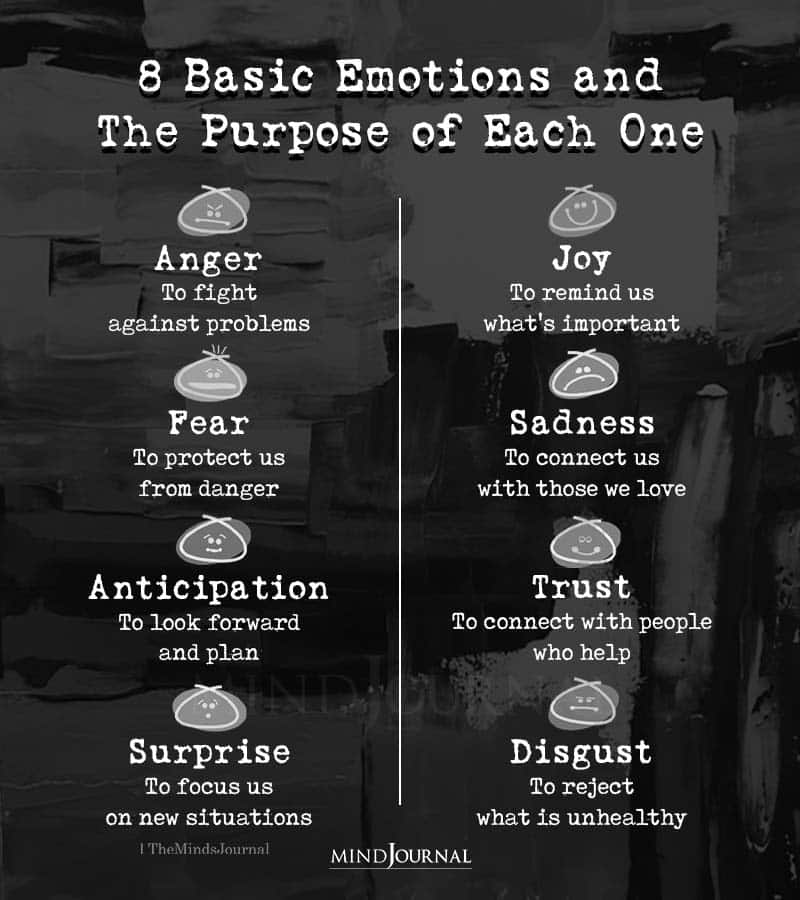
Related: The Effects Of Negative Emotions On Our Health
Emotions And Goals
Our goals and values play an important role in decision making, which I discussed previously, and our emotions are inextricably linked to those goals and values (Blanchette & Richards, 2012; Carver & Scheier, 2019; Lerner et al., 2015).
As such, any time we’re making decisions in which our goals and values come into play, emotion will play a role in those decisions. Herbert Simon (1983) argued that “to have anything like a complete theory of human rationality, we have to understand what role emotion plays in it,” and Antonio Damasio argued that emotion itself is essential to making decisions. Therefore, the idea that emotions are a bug, rather than a feature, of the decision-making system is erroneous.
Anticipatory Vs. Reactive Emotions
We can experience emotions in anticipation of some event (e.g., fear, excitement) or after some event has transpired (e.g., relief, joy). Anticipatory emotions are based on the uncertainty of the future (Baumgartner et al., 2008).
When the uncertain future is assumed to be positive, like going to sporting events we’re looking forward to attending, we may be excited and enthusiastic about what’s to come. However, when that uncertain future appears to have negative implications for the self, such as having misplaced our car keys, we might experience fear or anxiety about our inability to locate them.
Reactive emotions, on the other hand, occur after the event has transpired. Our enthusiasm for the sporting event may turn into elation or joy if our team wins the game, or it may turn to sadness and irritation if our team loses. If we find our car keys, we may experience a great deal of relief, but we might become frustrated and upset if we don’t.
The specific anticipatory and reactive emotions we experience tend to be tied to the goals and values they pose significance. Their implications for decision-making, though, are likely a function of the action tendencies they produce.
Emotions Produce An Action Tendency
Both anticipatory and reactive emotions produce action tendencies corresponding to those emotions. Anticipatory positive emotions, like excitement, promote the motivation to engage the potential future event that has elicited the emotion. Anticipatory negative emotions, like fear or anxiety, promote the motivation to eliminate (or avoid) the potential future aversive state if possible or, in the alternative, to limit the damage that aversive future state may cause.
Reactive emotions elicit different action tendencies. In positive reactive emotions, like joy, we tend to be motivated to maintain or even enhance that emotion. Negative reactive emotions, however, typically motivate us to reduce the discomfort of the emotion either by avoiding more aversive states (e.g., withdrawal, risk aversion) or seeking out opportunities to make ourselves feel better in some way (e.g., distraction, pleasure-seeking).2
With both anticipatory and reactive emotions, the valence of the emotion (i.e., its positivity or negativity) will color our perceptions, appraisals, and attributions. Positive emotions infuse a stronger positivity bias to our decision-making, where we might underestimate risk (or overvalue expected gain). Negative emotions, however, infuse a stronger negativity bias, causing us to be more risk-averse, where we overestimate potential risk (or undervalue gains).
Related: 12 Types Of Body Pain That Are Linked To Emotions and Mental State
Stronger Emotions Are More Impactful
Thus far, the concept of positive and negative emotions has been used largely as a superordinate category. Emotions, though, vary in intensity, which can perhaps best be exemplified using Robert Plutchik’s Emotion Wheel (see also Figure 1).3 For example, we might be apprehensive at lower levels of intensity or in a state of terror if our fear is at high levels—the more significant or impactful the experience, the greater the likely intensity of the emotion.
Some of the intensity with which we experience emotions is likely to be influenced by our frame of reference, specifically the psychological context within which the emotion occurs. For example, we tend to better handle the intensity of our emotions in familiar as opposed to novel situations. We tend to have less emotional reactivity when we have the personal resources available to manage the situation.
Related: 8 Steps To Regulate Your Emotions When They Drive You Crazy
The intensity of the emotion itself (whether positive or negative) is likely to influence how much it impacts decision-making. The stronger the emotion, the more it is likely to override other motivational goals and cause us to behave in a manner consistent with the emotion (i.e., allowing the emotion to guide our judgment and behavior). A state of rage is likely to have a stronger impact on our judgment and behavior than is a state of mild annoyance, and a state of amazement is likely to have a stronger impact than is a state of mild surprise.
In both cases, the more intense emotion makes it less likely we’ll make a decision that’s inconsistent with the action tendencies of that emotion. In addition, because we can process only so much information at any point in time, stronger emotions tend to consume much of our processing capabilities, leaving us fewer available resources for processing other decision-relevant information.
How Do Emotions Affect Decisions
Going back to the first aspect of emotions I discussed, we can’t remove emotions from our decision-making. Even if we could, we wouldn’t want to because, without emotions, we wouldn’t be able to make decisions very well at all. That may seem counterintuitive, but without emotion, we would have difficulty discerning the value of different decision options.
Some of Damasio’s prior research has shown that damage to the brain’s frontal lobe (which plays a large role in emotion) impairs decision-making dramatically. Although some decisions have a clear, correct answer (e.g., a logic problem or a crossword puzzle), most of the decisions we make are value-laden.
Related: 21 Different Art Therapy Exercises For Different Emotions
How would you know, without emotions, that earning a hundred dollars is better than earning five dollars or that two slaps in the face are more painful than one? We may not realize it, but emotions play a large role in those kinds of decisions. The issue that surfaces is when we allow powerful emotions to override other important pieces of information. That is when emotions become a bane for our decision-making.
Did you enjoy reading this article on how do emotions affect decisions? Let us know in the comments below.
References [1] https://dictionary.apa.org/emotion [2] There are times where we seek to maintain a negative emotion, but those tend to occur a lot less often. [3] Evidence for some of the specifics of the wheel itself is lacking, but it’s still a good visual to demonstrate the way more intense emotions become more impactful.
Written by: Matt Grawitch, Ph.D Originally appeared on: Psychology Today Republished with permission




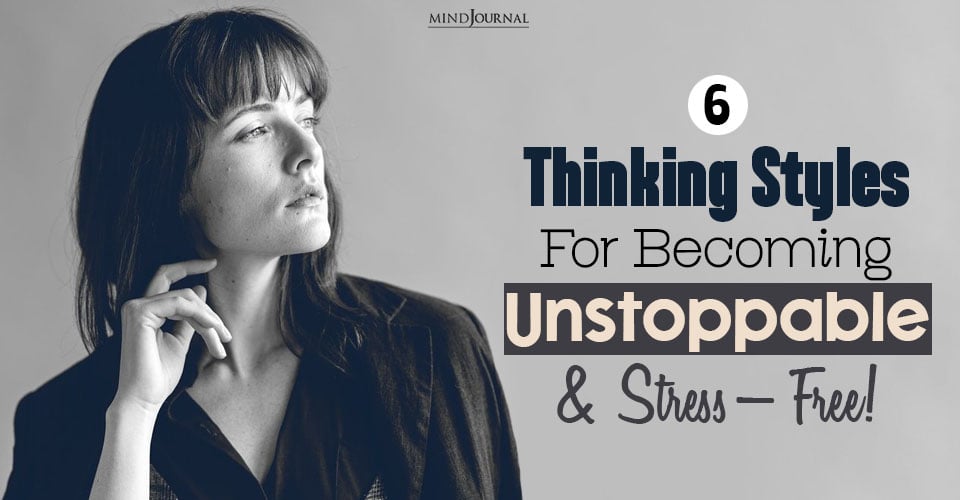

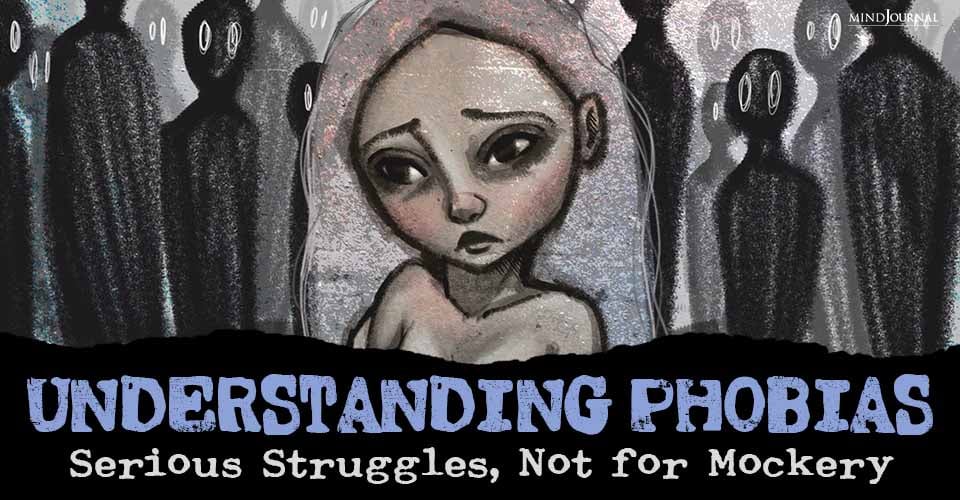

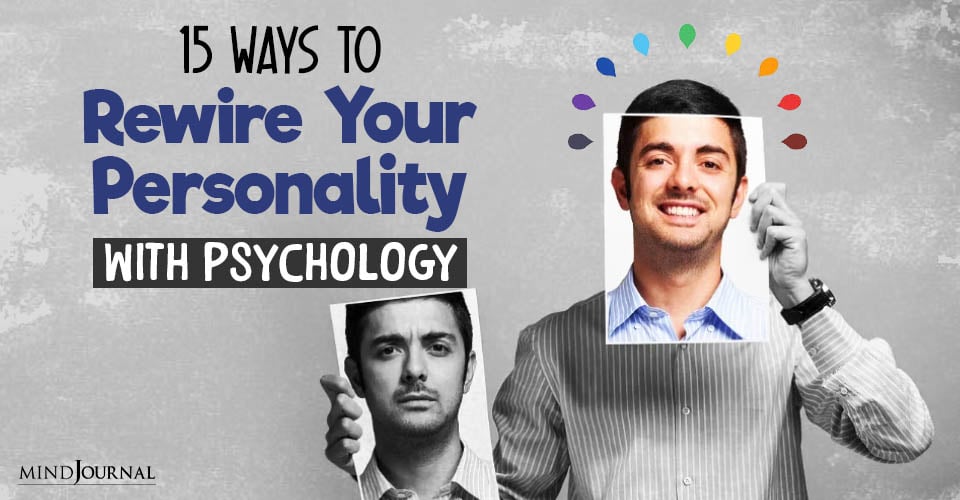
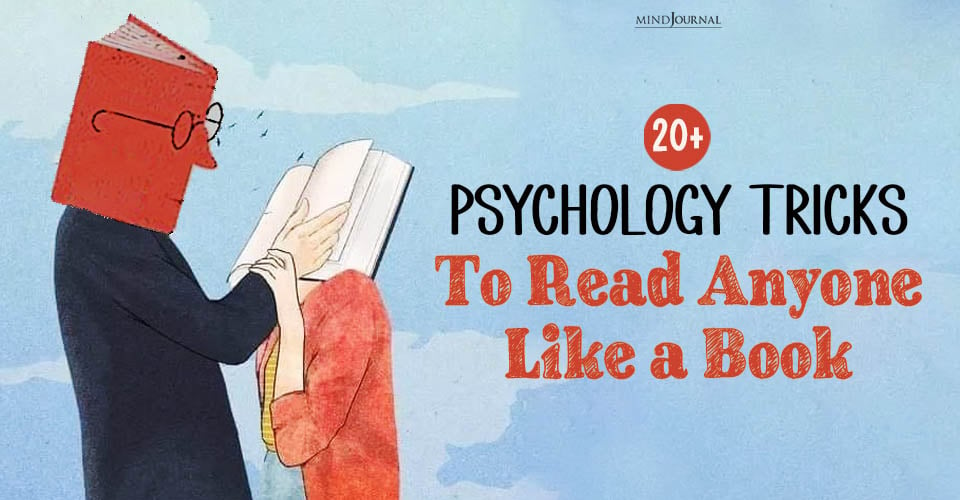
Leave a Reply